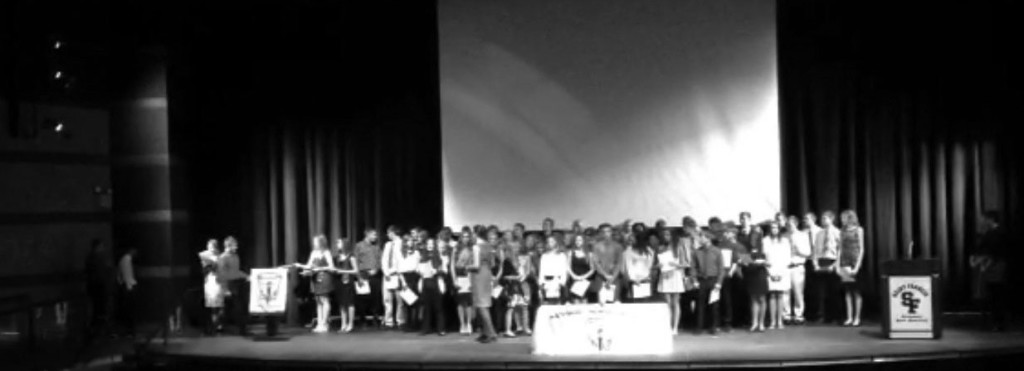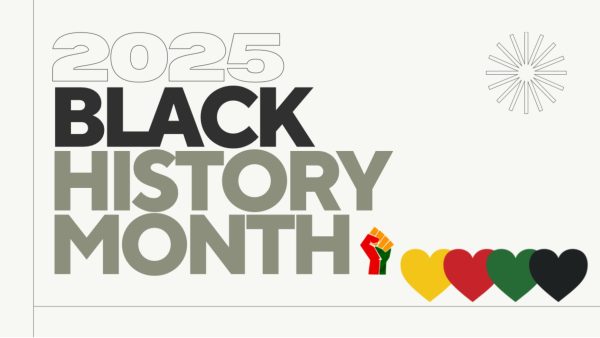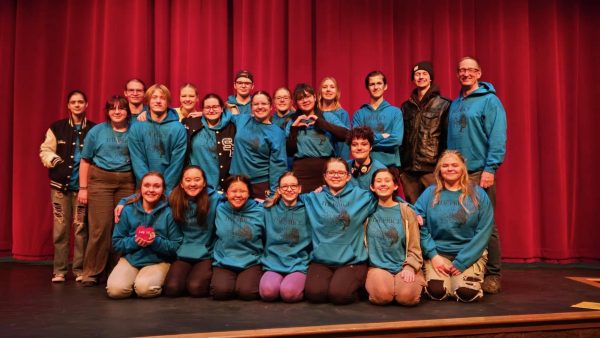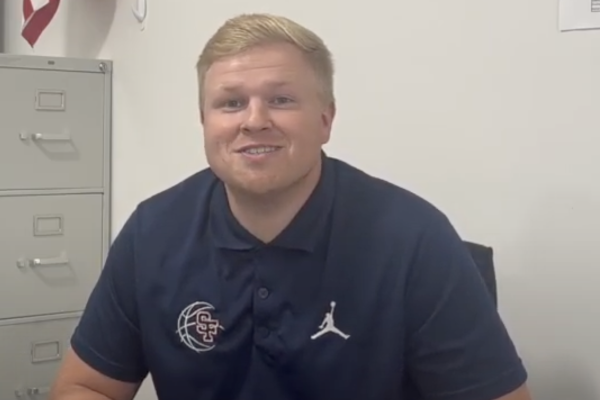Inductees pledge service
NHS members vow to uphold ideals of academic excellence
The lights dim and the gentle tones of the piano begin to die down as the officers begin to speak. After each officer finishes her speech, a small candle is lit in symbolism of the evening.
This was the scene at the NHS inductions on Wednesday, November 13. Every year, a number of high achieving students get inducted into the National Honors Society (NHS).
The officers present at the ceremony were Amelia Tesdahl, Maria Zutz, Amanda Marron, and Krista Sanow.
“I’m excited to work with the new inductees,” said NHS president Amelia Tesdahl, “they’re good students.”
This year things were a little more student led with the inductions. Rather than having the advisors present each new inductee, like previous years, the student officers stepped in and did the presenting.
“I really like that they took charge,” said Dianna Hazelton, one of the advisors of the NHS program.
The number of inductees varies from year to year (this year there were nearly 70), but all inductees need to have at least a 3.7 GPA. If they meet this requirement, they receive an invitation to join. After this, students need to write essays on their achievements and activities in the school. They also need two letters of recommendation from a non-relative. Then faculty members form a board to decide if a student gets accepted.
Every year, a teacher is nominated by current members to give a speech to the new inductees. This year, that speaker was business teacher Andrew Forbort. His speech focused on challenging students to live up to the four principles of NHS. These principles are scholarship, leadership, character, and service.
“I felt honored to be selected, but it was a little overwhelming,” said Forbort. “It was my first time speaking in front of my peers.”
A common question among future NHS members is, “What is NHS?” or “What do NHS members do?”
“NHS is a student organization that does different service projects in the community,” says NHS advisor Teresa Orpen.
These projects include helping out with MORP and the school blood drive, as well as the inductions themselves. However, students also need to participate in several of their own service projects in addition to the ones assigned to them.
Orpen sees a bright future ahead for the new inductees, as well as for the future of the program.
“People always seem to have great new ideas coming out,” she said.







